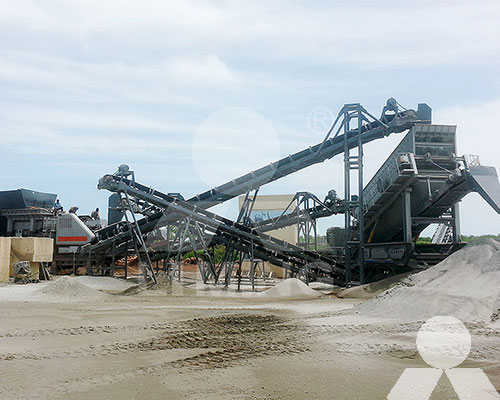Wiki
Last Updated :2023-07-11 Views:370
How to choose a crusher equipment type
Choosing the right crusher equipment type depends on several factors, including the type of material you need to crush, the required output size, the production capacity, and your specific application requirements. Here are some steps to help you make an informed decision:

- Identify your material: Determine the type of material you need to crush. It could be hard rock, soft rock, ore, concrete, or any other material. Understanding the characteristics of the material, such as hardness, abrasiveness, and moisture content, will guide your equipment selection.
- Determine the desired output size: Consider the required end product specifications. Do you need coarse aggregates, fine aggregates, or specific particle sizes? The desired output size will influence the type of crusher suitable for your needs.
- Evaluate production capacity: Assess the amount of material you need to process within a given time frame. This will help you determine the required capacity of the crusher. Ensure the equipment you choose can handle the expected production volumes efficiently.
- Research different crusher types: Familiarize yourself with the various crusher types available and their features. Common crusher types include jaw crushers, impact crushers, cone crushers, and gyratory crushers. Each type has its own advantages and limitations. Consider factors such as feed size capabilities, reduction ratios, energy efficiency, maintenance requirements, and cost.
- Analyze your application requirements: Determine the specific conditions and constraints of your application. Consider factors like the operating environment (indoor or outdoor), mobility requirements (stationary or mobile), and any special features or configurations you might need.
- Seek expert advice: Consult with industry professionals, such as equipment manufacturers, engineers, or consultants. They can provide valuable insights and recommend suitable crusher types based on your specific requirements.
- Consider long-term costs: Evaluate not only the upfront cost of the equipment but also the long-term operational and maintenance costs. Look for equipment with a good track record of reliability, durability, and availability of spare parts. Additionally, consider factors like power consumption, ease of maintenance, and potential downtime for repairs.
- Test and evaluate: Whenever possible, perform tests or trials using different crusher types with your actual material to assess their performance and suitability. This hands-on experience can provide valuable information that helps you make an informed decision.
By following these steps and considering the specific requirements of your application, you can choose the most appropriate crusher equipment type that meets your needs efficiently and effectively.









